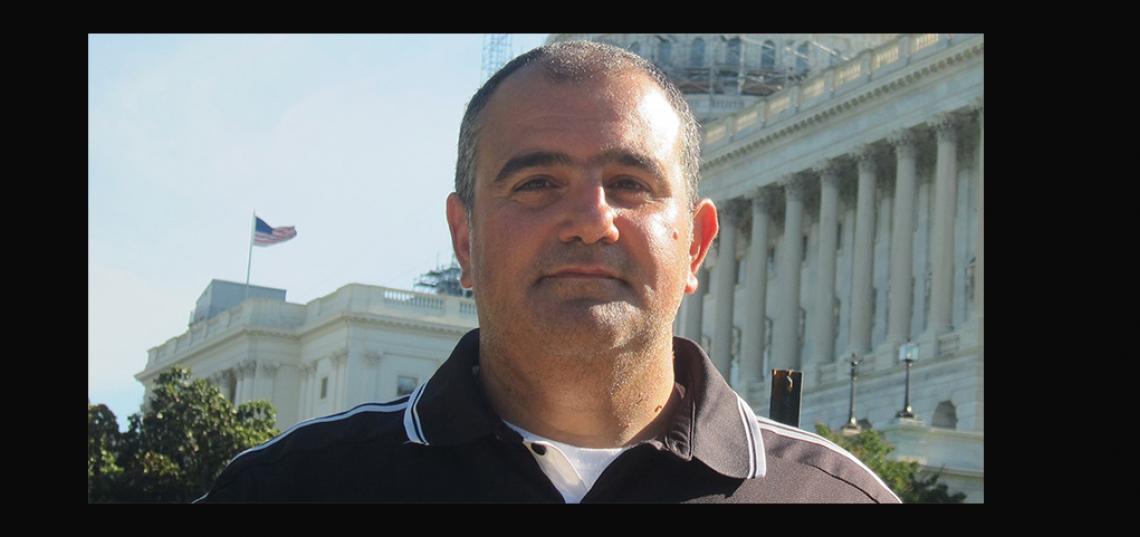
Associate Professor Itzhak Yanovitzky has been appointed to the National Academies’ Standing Committee on Advancing Science Communication Research and Practice. The committee brings together science communication practitioners and researchers who span a range of disciplines and expertise in health, education, the environment, and other sectors. Engaging broad networks of stakeholders, the committee works to advance the field of science communication around three goals: 1) building a more coherent knowledge base about approaches to communicating science; 2) making it easier for science communication practitioners to access, interpret and use research to inform their practice; and 3) supporting individuals and organizations in communicating science outside the scientific enterprise.
An expert in health communication and social marketing, Yanovitzky studies effective mechanisms and strategies, such as knowledge brokering and research-practice partnerships (RPPs), for engaging diverse groups of audiences with scientific knowledge. An important thrust of this work is building the capacity of policymakers, practitioners, and ordinary citizens to acquire, interpret, and use the best available research evidence when making decisions and choosing among alternative courses of action.
“This is a very prestigious honor for Itzhak, the Communication Department, and SCI,” Chair and Professor Craig Scott said. “It recognizes the outstanding contributions he has made related to science communication and the vital task of translating scientific findings to the broader public.”
Yanovitzky is scheduled to speak next week (April 3-4, 2019) at the National Academies’ Arthur M. Sackler Colloquium on Advancing the Science and Practice of Science Communication. The event, which will be video recorded and made publically available on YouTube, will focus on misinformation in the public sphere and particularly factors that make people more or less likely to accept incorrect information promulgated in the complex science communication environments of news media, social media, and other channels. Yanovitzky’s presentation will emphasize the importance of building relationships and trust with audiences using as an example his research-practice partnerships with community-based organizations such as the Partnership for a Drug-Free NJ and the National Alliance on Mental Illness. Other speakers from Rutgers include Distinguished Professor of Nutritional Sciences, Carol Byrd-Bredbenner, and William Hallman, Professor and Chair of the Department of Human Ecology.
“Science and the public have a relationship problem, not a communication one,” said Yanovitzky. “An important step in building relationships and trust with the public is to ensure that science is addressing questions that ordinary people care about. The next step is finding ways for scientists and members of the public to engage together in solving these problems through a partnership model,” he added. “This is where engagement science can help, and the communication field has much to contribute to this effort.”
